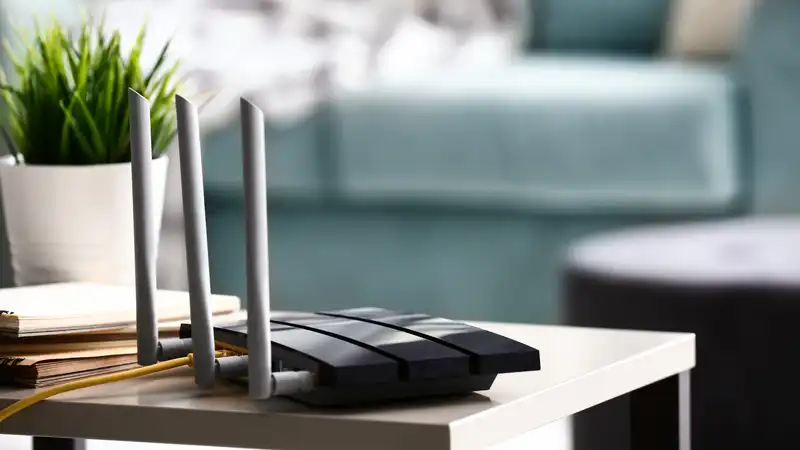Samsung's annual Galaxy Unpacked event took place last week, and there was no shortage of exciting announcements, from the Galaxy S24 and S24 Ultra smartphones to the upcoming Samsung Galaxy Ring. But among the recently announced news, there was one that didn't get a mention: a new Samsung patent on heart rate monitoring via a Wi-Fi router.
Of course, patent applications are rarely announced at events like Galaxy Unpacked. Furthermore, this technology is definitely not ready for prime time. Nevertheless, it is a cool concept and provides some insight into what the future of non-wearable smart health monitoring could look like.
This is not the first time we have reported on such a concept; a little over a year ago, scientists at the National Institute of Standards and Technology (NIST) announced the development of similar technology to measure breathing via Wi-Fi and, more importantly, identify if someone is having trouble breathing.
How does it work? The best Wi-Fi routers and the best mesh Wi-Fi systems continuously broadcast radio frequencies, bouncing in and off everything in the house, including you. In fact, even your movements and breathing can alter the signal's path and be picked up by the router.
Samsung engineers now seem to have taken the NIST idea a few steps further. The patent filed is called Multi-Antenna Wi-Fi Breathing Rate Estimation, and Samsung's technology can track breathing per minute for multiple users in a home while monitoring breathing abnormalities separately The company points out that this is the first time that this technology has been used in the market. It can also be used to monitor intruders in the home, similar to motion sensors.
Samsung's patents are not only about unique approaches to in-home breath monitoring. Another patent, "Passive Breathing Rate Determination," uses a microphone already built into a smart device to monitor audible breathing patterns.
According to the patent, this audio data can be augmented with location-based data from wearable and other devices to better monitor serious health conditions and events.
But don't worry. Your smartphone's microphone does not currently pay attention to your breathing patterns. It only knows which topical brand names you utter in order to "better" serve you ads on social. Of course, this obtrusive feature can be turned off; here's how on iPhone and Android devices.
The future of in-home health monitoring probably won't come in the form of one all-purpose device, although Withings' Beamo is pretty cool, but rather the integration of data from multiple smart devices and wearables to give users the clearest possible picture of their health status It will be.
Patent applications like this one bring us one step closer to that reality. And who wouldn't want a future with fewer doctor visits and more personal insight into our health?










Comments